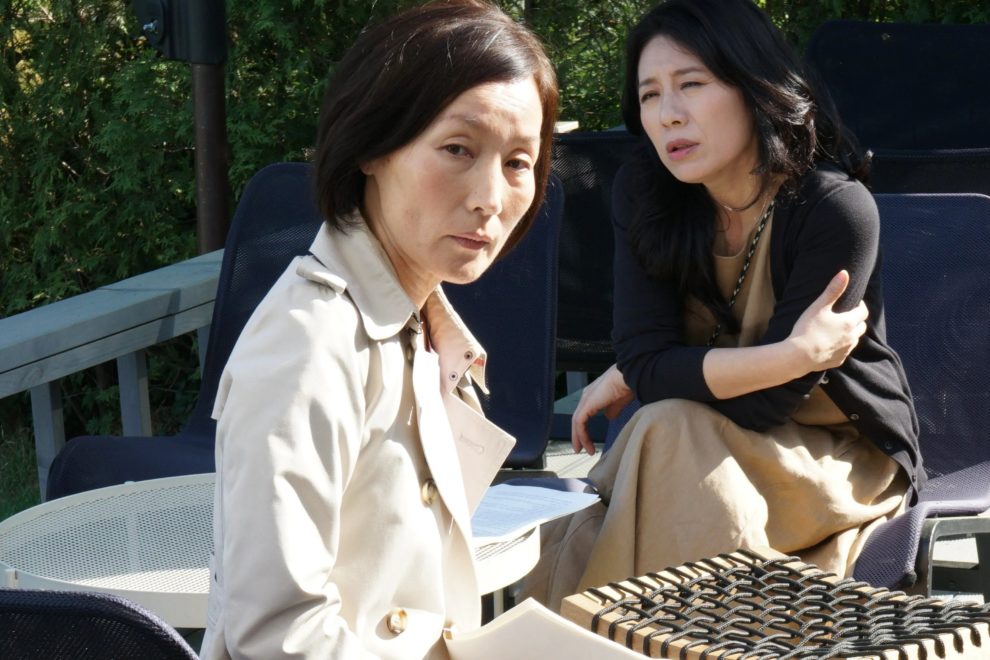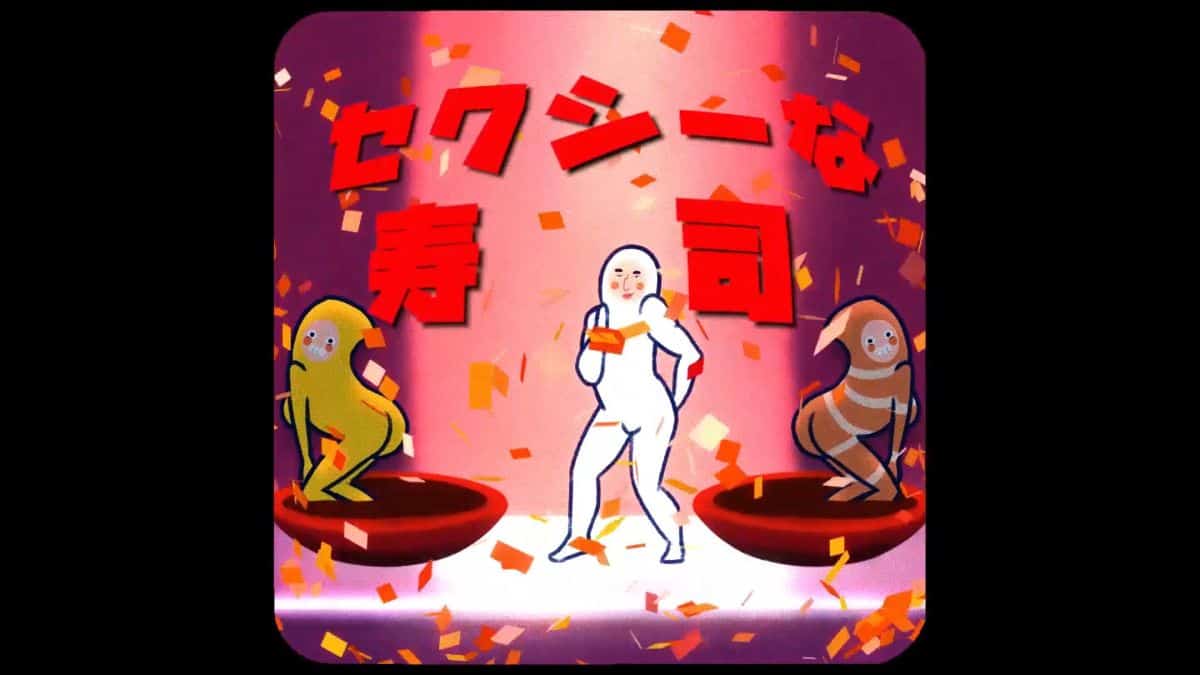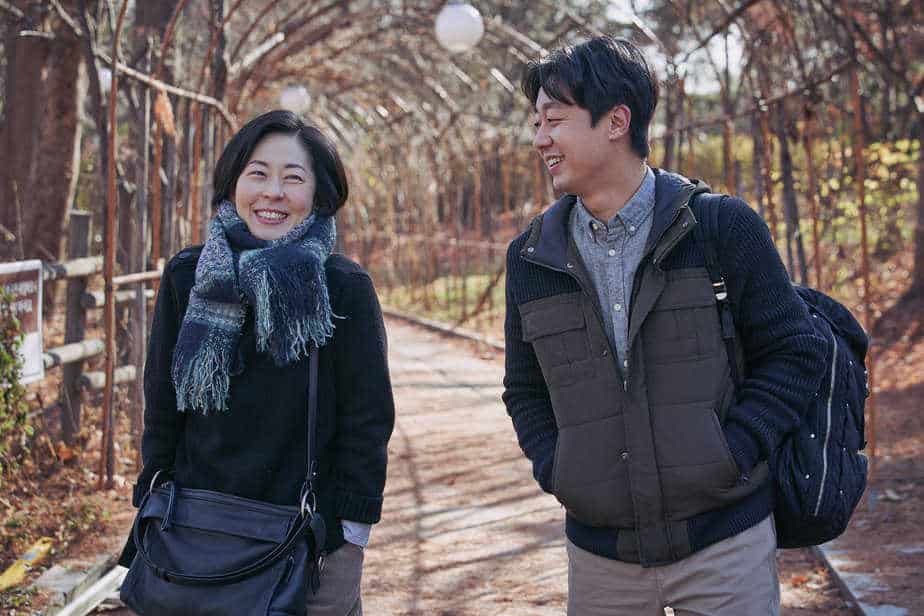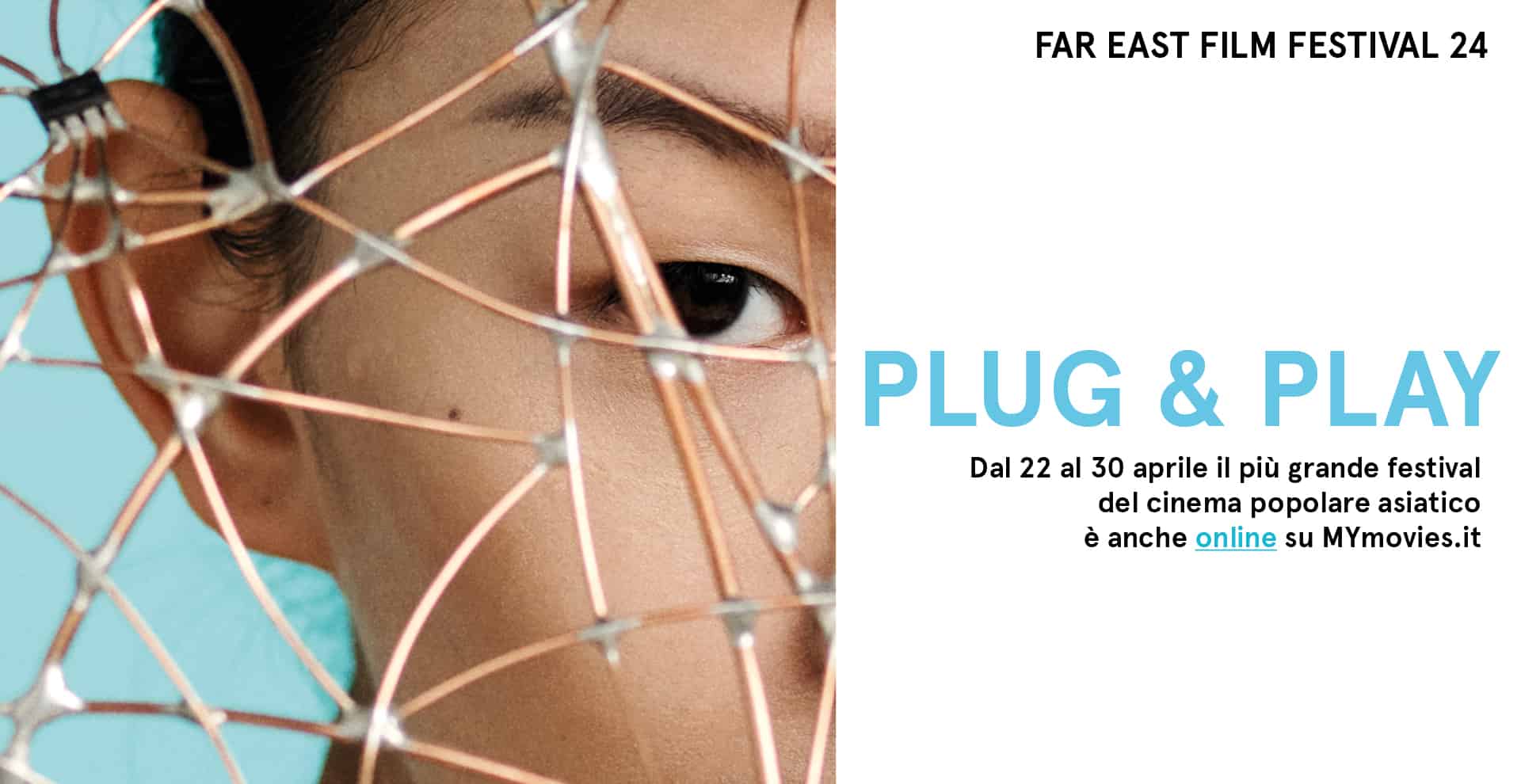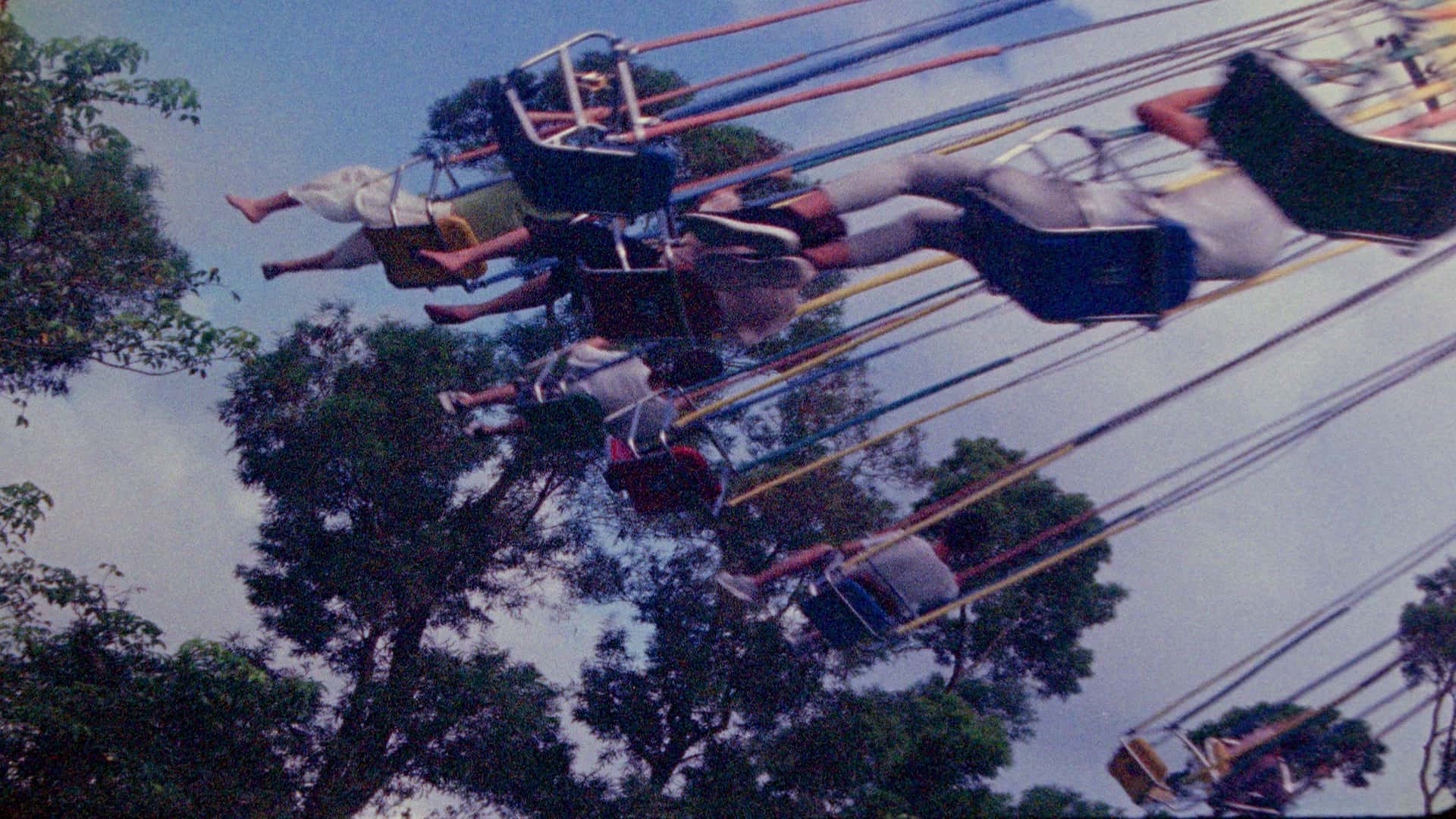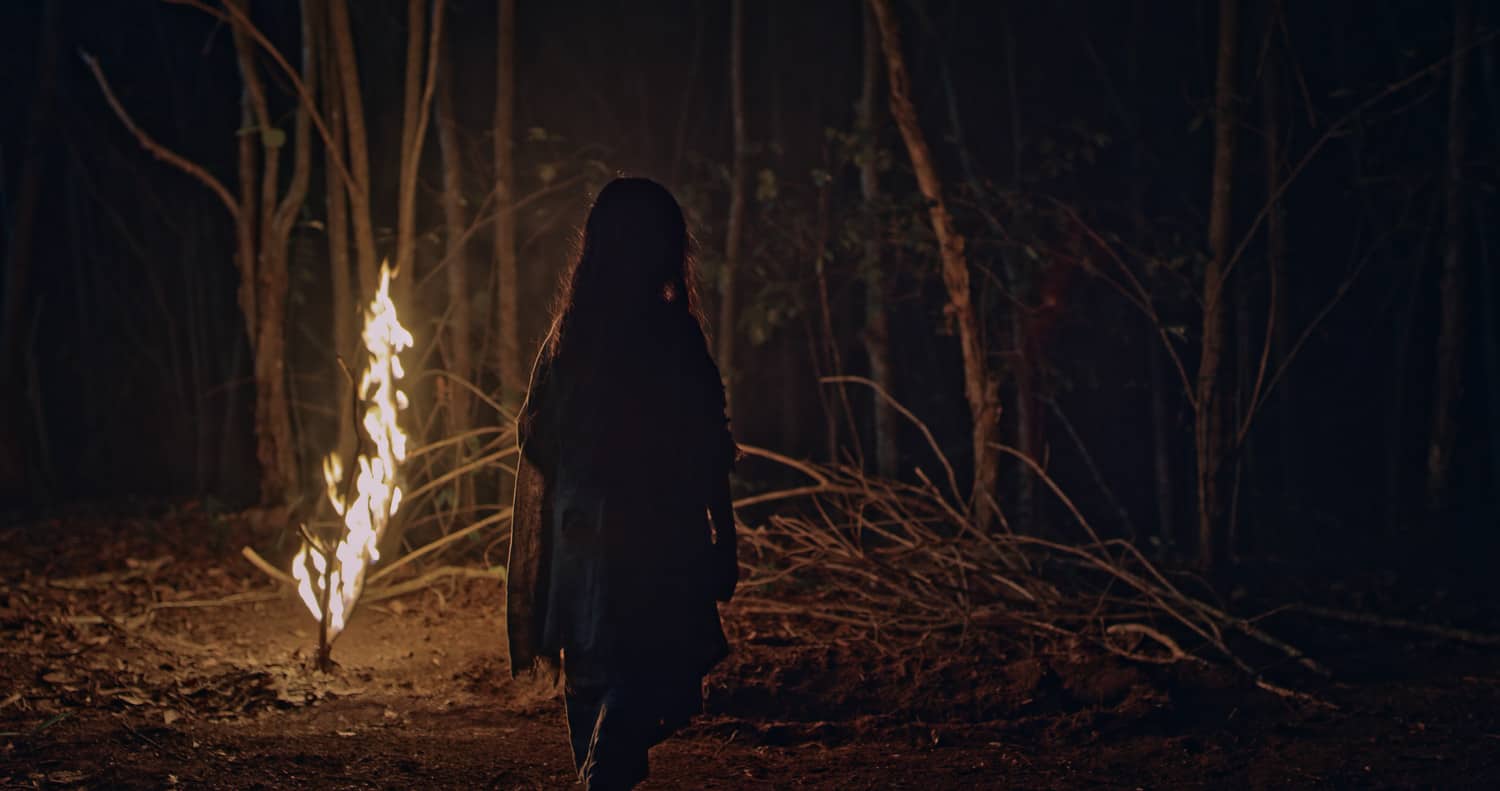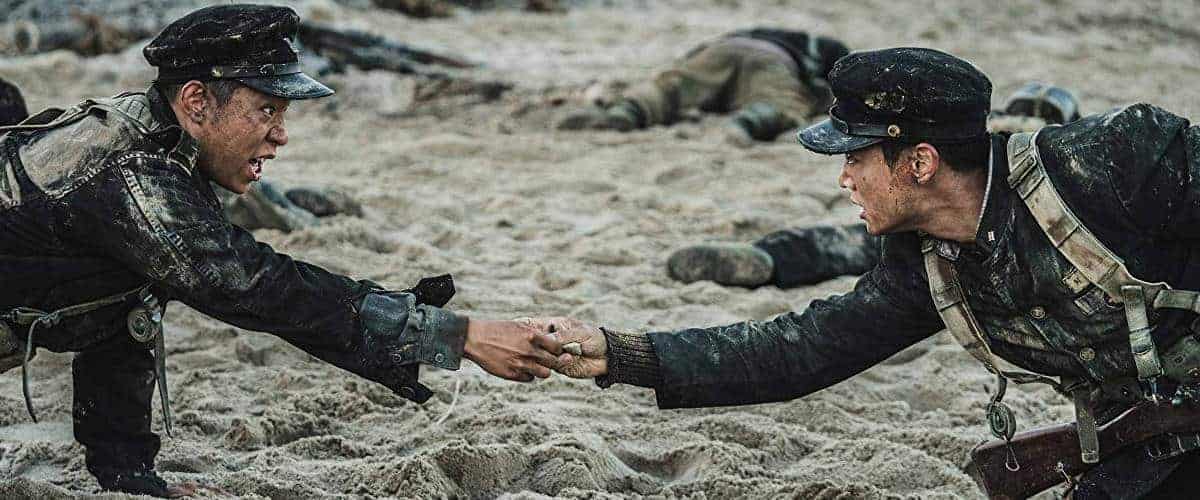It is safe to say that Hong Sang-soo is South Korea's most prolific filmmaker, churning out multiple films a year, which never quite seem to lose in terms of their quality, despite the fast production. However, he seemed to have taken a backseat for the past couple years, releasing just one film in two years. But 2021 saw him back doing what he does best with two new releases, both premiering at prestigious film festivals where he is always welcome, and even winning an award in the process. His latest, “In Front of Your Face” premiered at Cannes Film Festival in the Cannes Premiere section and sees him back on top of his game with one of his best outputs in recent years.
“In Front of Your Face” is Screening at San Diego Asian Film Festival
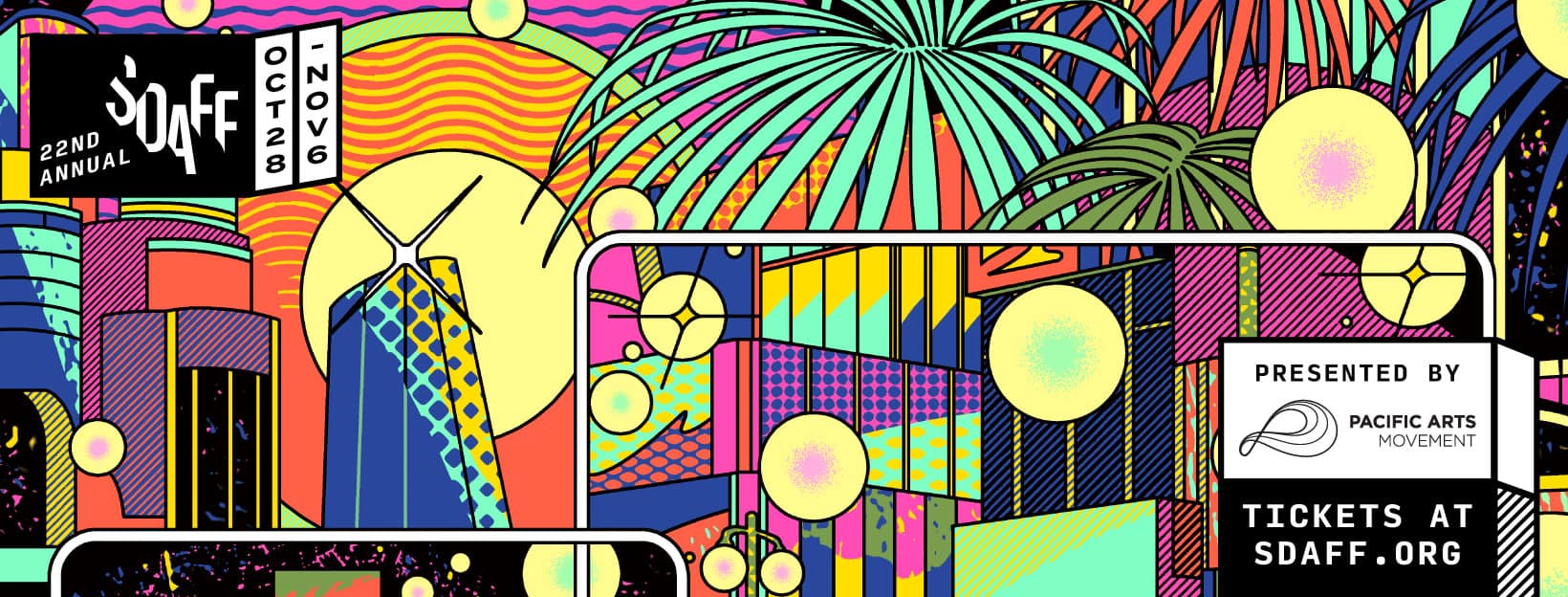
The feature's subject is Sang-ok, a yesteryears actress who has been living an anonymous life in the United States for the past number of years but has just come back to Korea and is crashing at her sister Jeong-ok's place. Over one day, she has very few agendas: hang out with her sister, meet her nephew and have a meeting with a film director who is a fan of her earlier works, which is one of the primary reasons for her visit. Between the two meetings, she also takes some time to visit the house she grew up in, which isn't quite what she remembers it to be.
As with a lot of Hong's recent work, “In Front of Your Face” too is a feature of two distinct meetings. Between these two meetings though, the narrative finds the director at his most pensive, thinking about the passage of time, the past, present and future, and by extension, about mortality too. The first segment focuses on her meeting with Jeong-ok, who can't stop talking about her sister's past, who in turn seems to be oddly reluctant to discuss it and rather live in the present and what she wants to do in it. Over coffee, toast and park strolls, the two sisters realise just how little they know about each other today, despite being the only siblings.

On her way to her meeting with director Jae-won, Sang-ok decides to stop at a house she grew up in. Here, she confronts the one thing that explicitly links the past with the present: memories. Small voiceover monologues convey an unusual melancholy mood within her, one that finally makes sense in her final meeting. With Jae-won, who not only wants to make a film with the actress whose work he admired in the past but also has a more personal matter on mind, talks focus not just on the past but also on the future, when Sang-ok also reveals the reason for her melancholy, in what is the feature's most important scene.
This scene rests solely on the acting prowess of Lee Hye-young and Kwon Hae-hyo, who make the most of the space that Hong's extended cuts provide. Lee, making her first appearance in a Hong Sang-soo films, fits seamlessly into the role that seems plucked right out of her real life, in that the actress, who used to be a major star in the 80s and 90s, is making a film appearance for the first time after a number of years. The smiles she carries are finally betrayed in her meeting with Jae-won, played just as well by Hong regular Kwon Hae-hyo. The variety of emotions the two stalwarts bring in this extended scene is mesmerising to watch.
Hong once again takes the one scene, one cut method to the extreme, leaving every scene with conversations as one single cut. He serves here not just as writer and director, but also producer (alongside muse and partner Kim Min-hee, who doesn't appear on screen but has a Production Manager credit), cinematographer, music composer (for what little of it there is) and editor. Whether this was by design or call of necessity in this post-pandemic times is anybody's guess, but the feature doesn't seem to lack without the presence of more experienced hands in any of these departments. The cinematography, in particular, employs very few of his trademarks zoom ins and zoom outs, but is admirable in its framing, specifically in one beautiful scene where Sang-ok and Jae-won leave the cafe they're in, huddled under an umbrella via a narrow alley barely fit for the two and wait for their ride.
By the time the feature reaches its final scene where Sang-ok receives a voicemail, which ends up being one of the most memorable ones in Hong Sang-soo's entire filmography, there will be little doubt in the viewer's mind that you have, in front of your face, a similar yet subtly different Hong Sang-soo, a man that, as he ages, is thinking thoughts he hasn't really explored before, and in the process making this one of his more memorable productions of the last few years.


